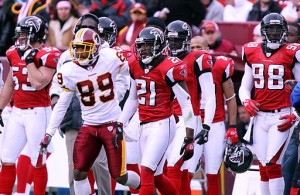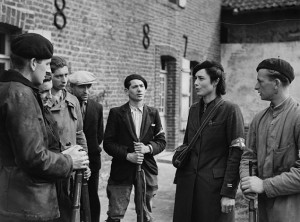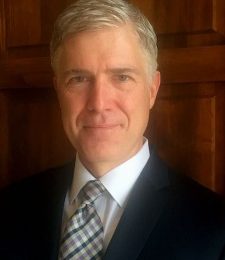One of my most formative memories is when I was ten years old and the Holocaust administrator Adolf Eichmann was on trial. The four TV channels covered his trial, as he sat smirking behind a screen of bullet proof glass, and showed a number of documentaries about the Nazi genocide. Those black and white television images of piles and piles of human bodies, along with the accounts of what happened in the death camps, shook me to my core. My parents let me watch it, and I’m glad they did. It showed me in a way I have never forgotten the magnitude of human sin.
The memories came back because Elie Wiesel, the Auschwitz survivor and chronicler of the Nazi genocide, died at the age of 87.
From Elie Wiesel, Holocaust Survivor And Nobel Peace Prize Laureate, Dies At 87 : The Two-Way : NPR:
Holocaust survivor, Nobel laureate and author Elie Wiesel has died at the age of 87. Wiesel survived the World War II Nazi concentration camp of Buchenwald and death camp of Auschwitz. After liberation, he went to France, then Israel and the United States, where he advocated on behalf of victims of hate and persecution around the world.
Wiesel’s son, Elisha, confirmed his death in a phone call with NPR.
“Elie Wiesel, of blessed memory, embodied the determination of the human spirit to overcome the darkest of evils, and survive against all the odds,” Israeli Prime Minister Benjamin Netanyahu said in a statement. “His life was dedicated to the fight against all hatred, and for the sake of man as created in the image of God — he was a guide for us all.”
Elie Wiesel was called many things during his life: a messenger of peace, a humanitarian, a survivor. He liked to call himself simply a witness. And as a witness, he said, it was his duty to never let those who suffered be forgotten. , , ,
When he was just 15, his family was taken from their small town in Romania to Auschwitz and later to Buchenwald.
His younger sister and mother were sent immediately to the gas chambers. Wiesel’s father died shortly before the camp was liberated by U.S. soldiers in 1945. . . .
Despite all the accolades and honors, Wiesel said he was happiest in his role as a teacher. He taught at several U.S. institutions, including New York’s City University and Boston University.
At an annual visit to the Chapman College in Orange County, Calif., Wiesel sat in front of a rapt group of religious studies students in the school’s small Holocaust remembrance library. Most asked him questions about Judaism and his public struggles with faith during difficult times.
“I still have questions for God and I still have problems with God, absolutely,” he told the students. “But it is within faith, not outside faith, and surely not opposed to faith.”



